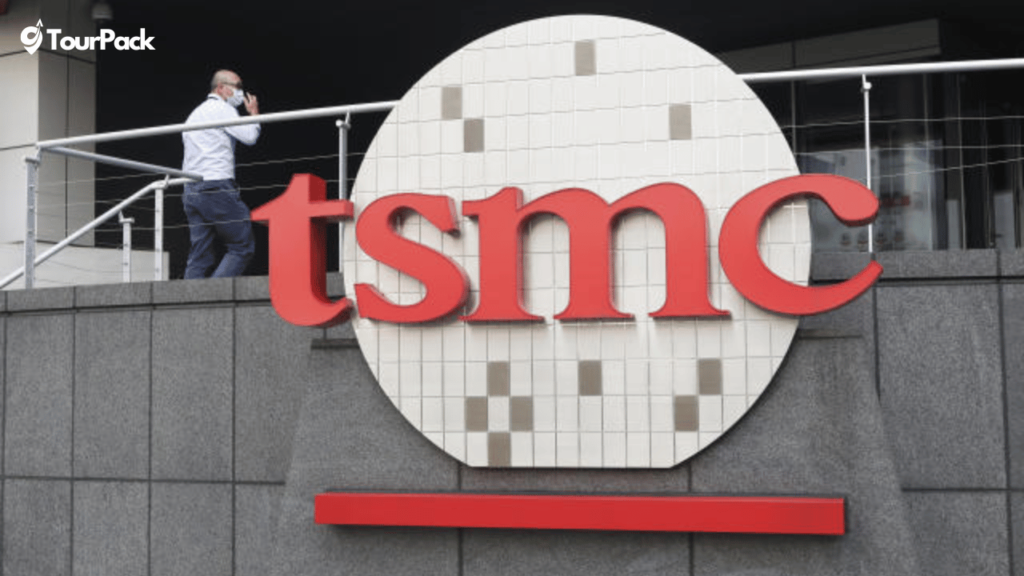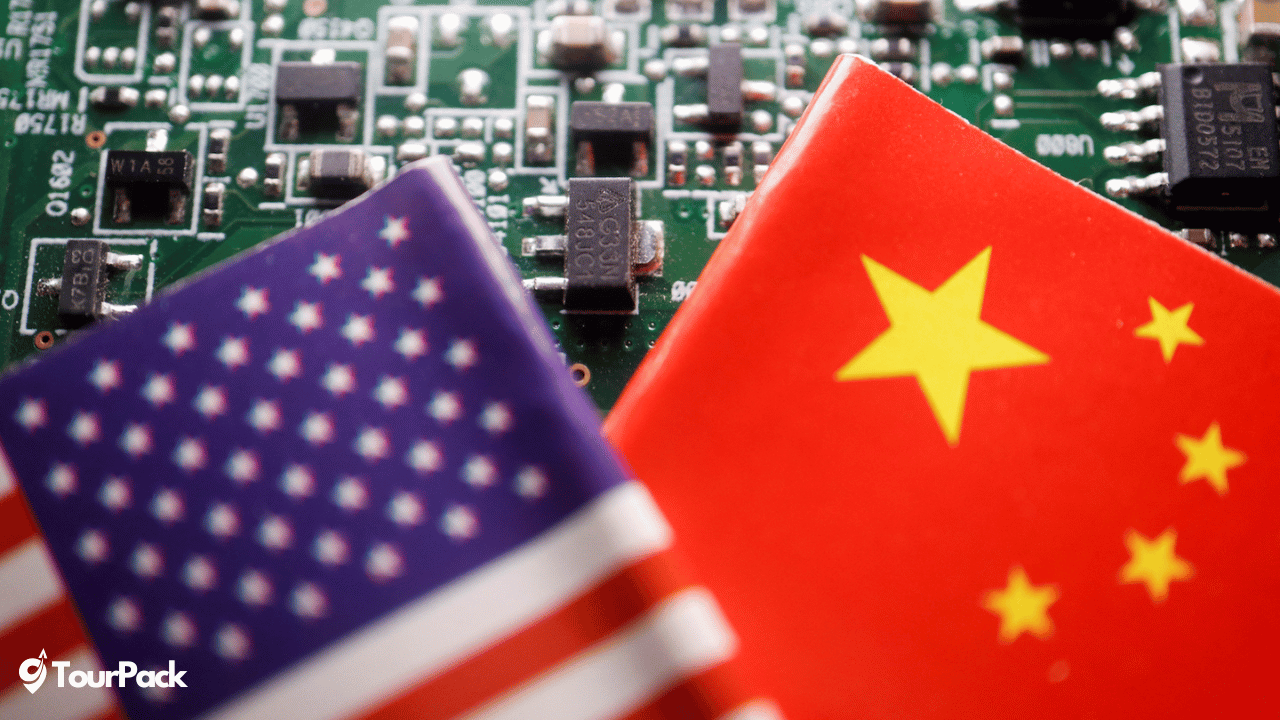In a move poised to shake the global semiconductor industry, former President Donald Trump has announced plans to impose tariffs ranging from 25% to 100% on Taiwan-made chips. This decision, which specifically targets industry leader TSMC (Taiwan Semiconductor Manufacturing Company), is sparking significant concern among major U.S. tech companies that heavily rely on TSMC’s advanced chip manufacturing capabilities.
A Potential Disruption in the Global Semiconductor Supply Chain
TSMC is the world’s largest contract chipmaker and a critical supplier for American tech giants, including Apple, NVIDIA, AMD, and Qualcomm. These companies depend on TSMC’s cutting-edge technologies to power everything from smartphones and laptops to servers and artificial intelligence systems. The proposed tariffs could drive up costs across the tech sector and disrupt supply chains, leading to potential price hikes for consumers.
The semiconductor industry is already grappling with challenges such as supply chain disruptions and geopolitical tensions. The imposition of tariffs on Taiwanese chips could exacerbate these issues, creating ripple effects across global markets.
Trump Criticizes U.S. Tech Companies
As part of his announcement, Trump took aim at leading U.S. tech companies, accusing them of being overly dependent on foreign chipmakers and failing to support domestic manufacturing initiatives. He emphasized the need to reduce reliance on overseas suppliers and bolster the United States’ own semiconductor manufacturing capabilities.

“It’s time for American tech companies to invest more in our country and stop sending billions of dollars abroad,” Trump said in a statement. He also reiterated his commitment to “America First” policies, which prioritize strengthening domestic industries.
Implications for TSMC and the Semiconductor Industry
If implemented, the tariffs could severely impact TSMC’s relationship with U.S. companies, which make up a significant portion of its revenue. In response, TSMC may need to explore alternative markets or shift production strategies to mitigate the financial impact.

Meanwhile, U.S. companies could face increased production costs, which may push them to diversify their supply chains by turning to other chipmakers or investing in domestic semiconductor facilities. However, building a robust U.S. semiconductor manufacturing base will require substantial time and investment.
Geopolitical Considerations
The decision to impose tariffs on Taiwanese chips also raises questions about U.S.-Taiwan relations. Taiwan is a critical partner in the global technology ecosystem, and any action that disrupts its semiconductor industry could have far-reaching consequences for international trade and diplomacy.
What’s Next for the Tech Industry?
As the tech sector braces for potential upheaval, industry leaders are urging policymakers to carefully consider the broader implications of the proposed tariffs. Many argue that a balanced approach—one that addresses national security concerns while maintaining a stable supply chain—is essential.
The coming weeks will be crucial as negotiations unfold and stakeholders weigh the economic and political ramifications of this bold move. For now, the tech industry, consumers, and global markets are watching closely to see how this decision will shape the future of the semiconductor landscape.







Leave a Comment
Your email address will not be published. Required fields are marked *